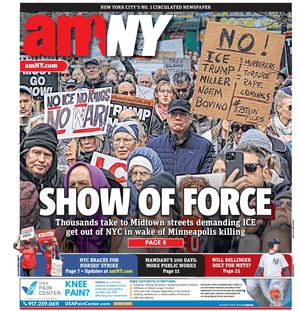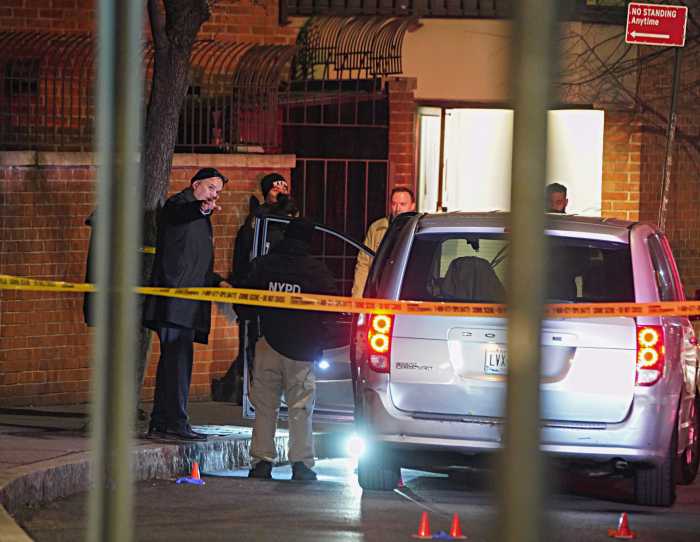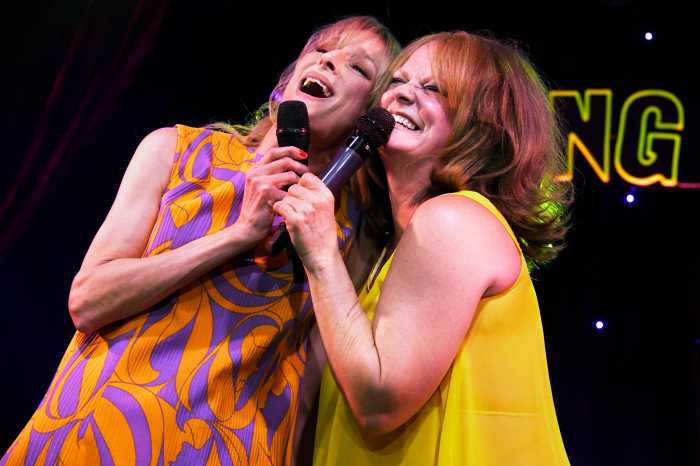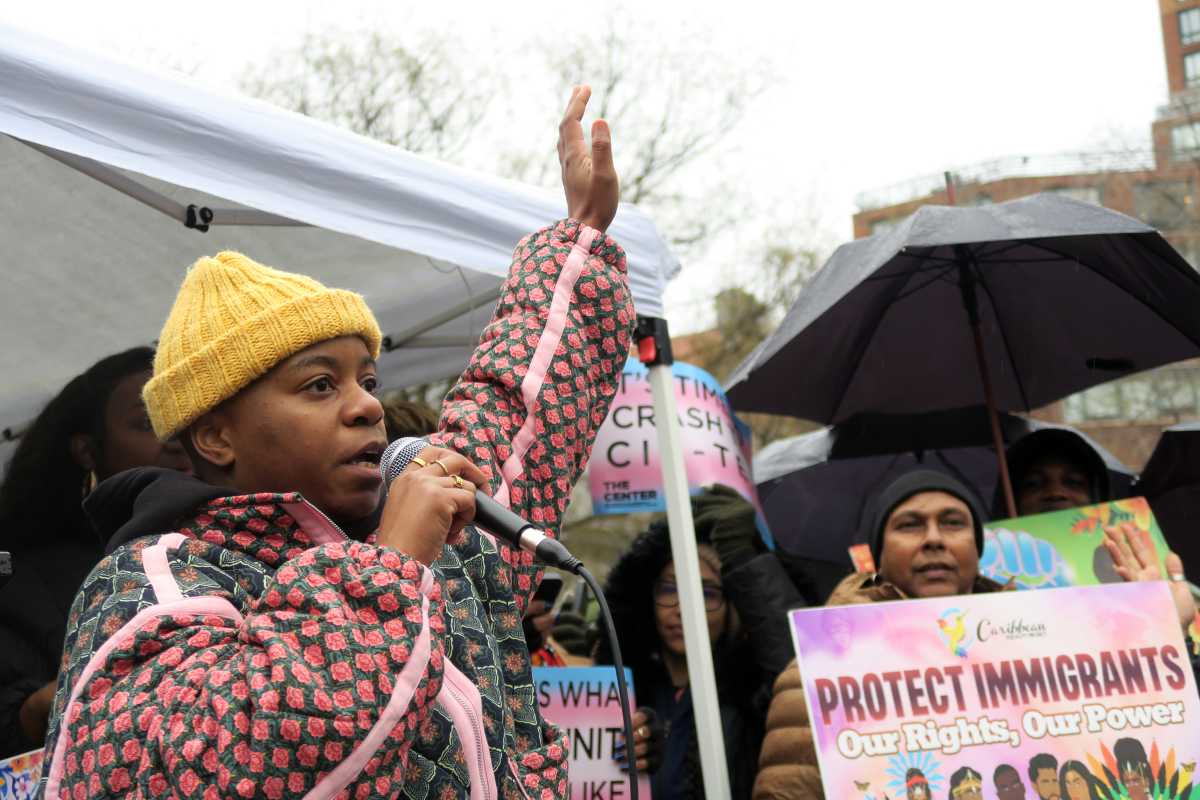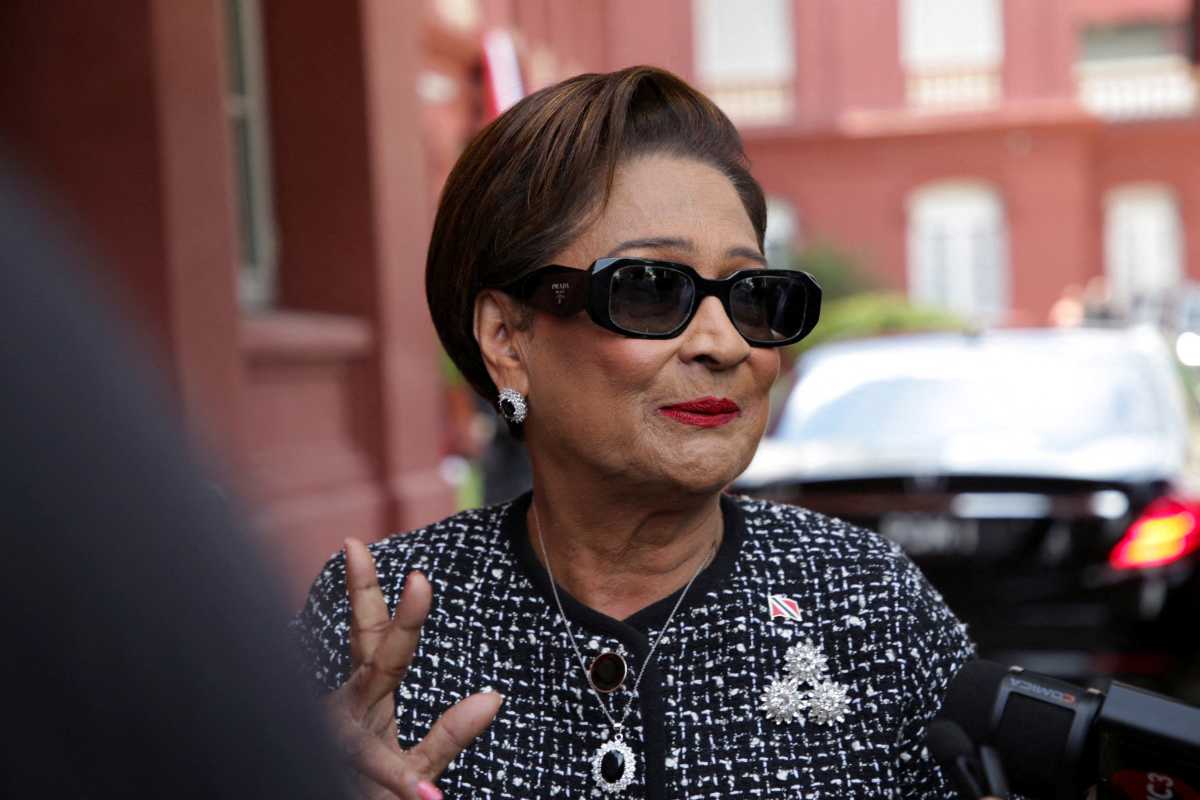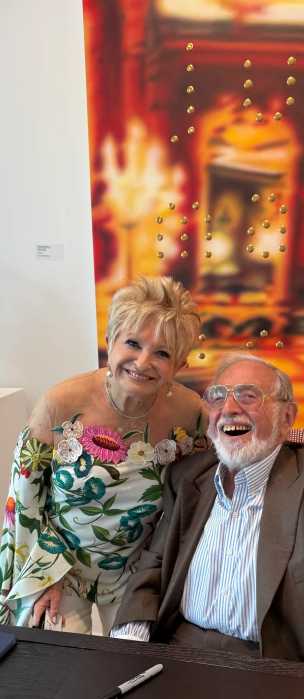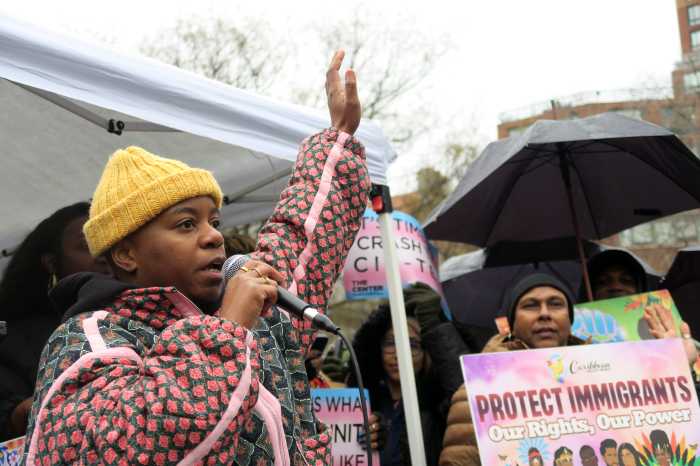By Lincoln Anderson
On July 16, Congressmember Nydia Velazquez testified during the Senate Judiciary Committee’s confirmation hearing for Judge Sonia Sotomayor to be an associate justice of the U.S. Supreme Court. In her remarks, Velazquez touted Sotomayor as “a distinguished legal talent” who rules on cases with a commitment of “fidelity to the law.”
“I have known Sonia Sotomayor for over 20 years,” Velazquez told the committee. “In fact, when I was first elected to Congress in 1993, I asked her to administer my oath of office. I can tell you personally that she is a grounded and professional individual.
“Hispanics everywhere are proud that such a distinguished legal talent hails from our community. … But of course, that is not the reason why she should be confirmed. The case for Judge Sotomayor’s confirmation is built on her vast experience, keen intellect and tremendous qualifications.
“As so many have already pointed out, hers is a uniquely American story — one that begins in the Bronx projects and, ultimately, reaches the highest echelons of our legal system,” Velazquez noted.
“And yet, throughout that process of achievement, she never once lost touch with her roots, or her Bronx neighborhood. Instead, she augmented her vast legal experience with a common-sense understanding of working-class America. That appreciation will add a valuable perspective to the Supreme Court.
“The Supreme Court will rule on many matters that are critical to our community, from housing policy to voting rights,” Velazquez said of key issues affecting Hispanic-Americans. “Resolving them fairly will require objectivity, impartiality and an unwavering commitment to the rule of law.
“Judge Sotomayor’s record demonstrates these qualities. She has a reputation as a non-ideological jurist — someone who chooses not to spar with those who think differently, but to instead find common ground. When working with Republican colleagues, Sotomayor’s record will show that — 95 percent of the time — she managed to forge consensus. … When the Congressional Hispanic Caucus reviewed a broad range of qualified Supreme Court candidates,” Velazquez said, “these were the traits we were looking for.
“We were looking for individuals who upheld constitutional values, exhibited a record of integrity, and had a profound respect for our Constitution. It is our overwhelming belief that Judge Sotomayor meets these criteria. That is why we enthusiastically — and unanimously — endorsed her nomination.”
Velazquez represents the 12th Congressional District, which includes Brooklyn Heights, DUMBO, Williamsburg, Bushwick, Sunset Park and Ridgewood in Brooklyn and parts of the Lower East Side.
Speaking to The Villager a few weeks before the start of the confirmation hearings, Velazquez said, “It’s an exciting time for New Yorkers, for women and Hispanics. We are bringing, with her, more diversity to the highest court in the land.”
Velazquez said when she suspected in January that a Supreme Court vacancy was coming up, she lobbied Senator Chuck Schumer to support Sotomayor’s nomination.
“It didn’t take long to convince him,” she noted.
In turn, Schumer and Senator Kirsten Gillibrand sent a letter to President Obama backing Sotomayor for the post, though, Velazquez said, unbeknownst to her, Obama was already keen on Sotomayor.
Velazquez told The Villager that Sotomayor, impressively, “has participated in over 3,000 decisions and has written more than 300 herself.” In terms of legal experience, “no one can come close to her,” she declared.
Councilmember Rosie Mendez, who like Sotomayor and Velazquez, is of Puerto Rican descent, was also excited about the nomination when she spoke to The Villager recently.
“It was a moment of pride for me,” she said, “not just as a Puerto Rican that grew up in the projects, as I did, but as a lawyer.” Mendez, who represents the East Village, said she used to hear glowing reviews of Sotomayor from friends who did internships with her, how she was “so hands-on.”
“I think we all, in our lives, draw upon our experiences,” Mendez said. “As lawyers we also look at the law and case law. Whether you’re a Latina or a white man, I think we draw upon our experiences, and we draw on case law and statutory decisions — it’s all about the interpretation at the end of the day.”
